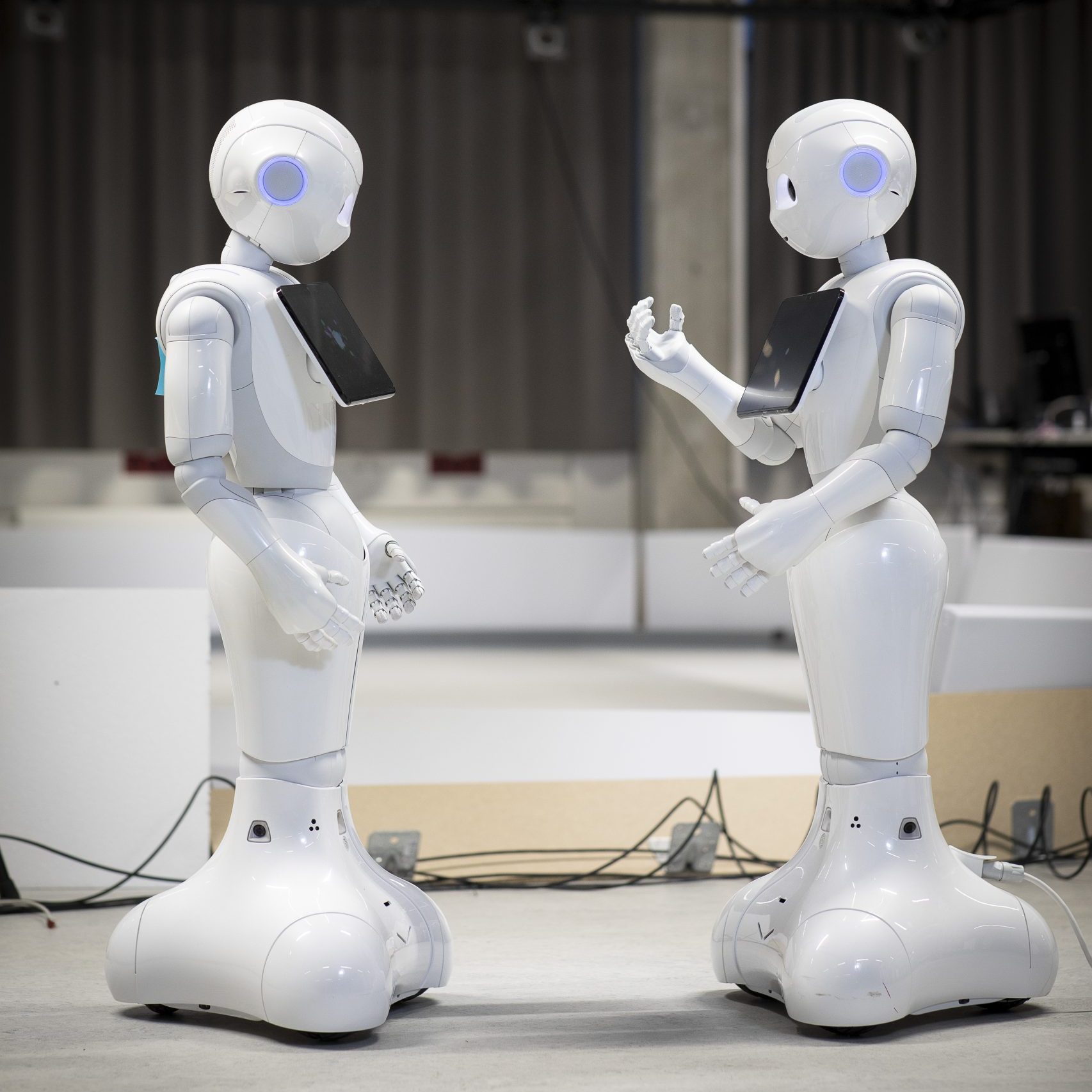
Max Ploner (Science of Intelligence), “Evaluating Sample Efficiency: How Language Models Learn to Recall Facts from Data”
SCIoI, Marchstraße 23, 10587 Berlin, Room 2.057More details to follow. Image created with DALL-E by Maria Ott.

More details to follow. Image created with DALL-E by Maria Ott.

Abstract Minimalistic robot swarms hold great promise for applications in healthcare, disaster response, and environmental monitoring. A key challenge lies in enabling these robots to rapidly and reliably reach consensus using limited communication, computation, and memory. In this talk, we explore how robot swarms can collectively identify the best among multiple discrete options in their

Abstract: Cognitive neuroscience seeks theories that jointly explain behavioral, neural, and mental states. The dominant approach is to use specialized tasks designed to optimally probe a concept of interest (e.g., episodic memory), and to disentangle behavioral, sensory, and mnemonic factors through design (e.g., by constraining gaze during image recognition). I will present an alternative framework

With the rise of modern deep learning, neural networks have become an essential part of virtually every artificial intelligence system, making it difficult to imagine different models for intelligent behavior. In contrast, nature provides us with many different mechanisms for intelligent behavior, most of which we have yet to utilize. One such underinvestigated aspect of

More details to follow. Image created with DALL-E by Maria Ott.

Artificial intelligence has advanced rapidly through larger and deeper neural networks, yet fundamental questions remain about how to optimize network dynamics for performance and adaptability. This study shows that deep neural networks (DNNs), like biological brains, perform optimally when operating near a critical phase transition - poised between active and inactive dynamics. Drawing from physics

More details to follow.

More details to follow. Photo by Prince Patel on Unsplash.

Abstract The size and complexity of current Deep Artificial Neural Networks pose remarkable challenges to our attempts of explaining and understanding their workings. In this talk, I put forward a proposal for complementing existing efforts to that aim, inspired by research on cognitive ontology in philosophy of cognitive science. In particular, I suggest that, as

More details to follow. Image created with DALL-E by Maria Ott.

More details to follow. Image created with DALL-E by Maria Ott.

More details to follow. ©SCIoI/Katharina Hohlbaum, Arianna Novati